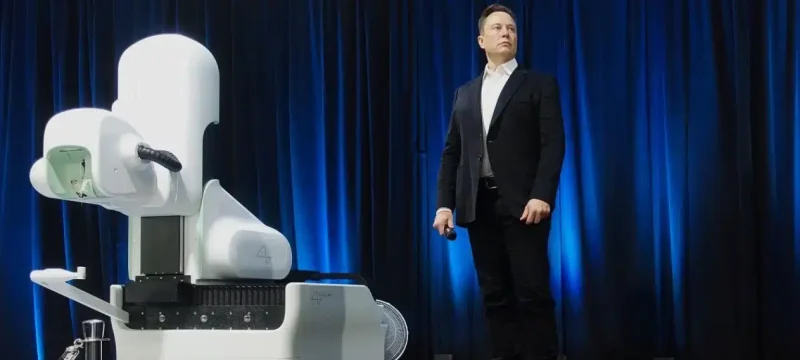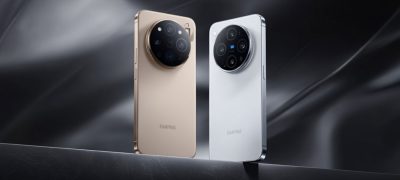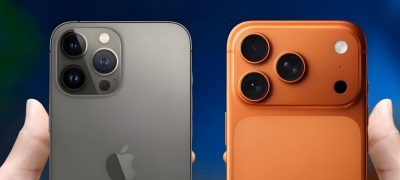Elon Musk’s brain-chip startup, Neuralink, has successfully implanted its brain-computer interface (BCI) in the first human patient. Elon Musk announced the milestone on social media, stating that the initial results show promising neuron spike detection. The US Food and Drug Administration (FDA) had granted clearance for Neuralink to conduct its first human trial, marking a crucial step in the company’s mission to assist patients dealing with paralysis and various neurological conditions.
Also Read: Elon Musk’s xAI Seeks $6 Billion to Rival OpenAI
Neuralink’s BCI implant, using “ultra-fine” threads, aims to transmit signals in the brain, allowing individuals to control a computer cursor or keyboard using their thoughts alone. The company’s first product, named Telepathy, is anticipated to be a result of this groundbreaking technology. The PRIME Study, Neuralink’s trial for its wireless brain-computer interface, focuses on evaluating the safety of the implant and surgical robot.
Despite these achievements, Neuralink has faced scrutiny, including fines for violating transportation rules and concerns raised by lawmakers regarding the safety of its technology. The company, valued at around $5 billion in June, continues to navigate regulatory challenges as it pioneers advancements in neurotechnology.









